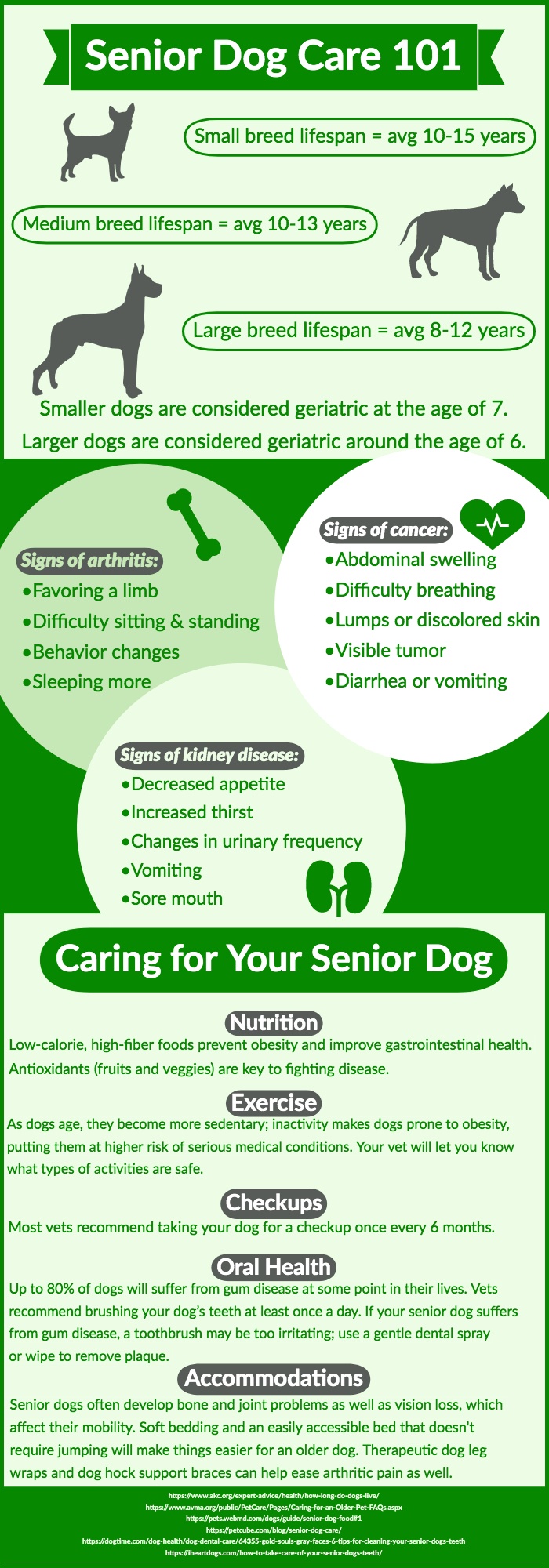Can Pet Daycare Reason Ailment?
Pet dogs in day care receive great deals of exercise, socializing with various other dogs and one-of-a-kind experiences. This can be especially valuable for puppies and pet dogs with behavioral concerns.
There are a number of lawful factors to consider you require to take into account when starting a doggy day care company. These include the structure of your service and conformity with federal government laws.
1. Pooch Distemper
Canine distemper is spread out via straight contact with the physical liquids and waste of a contaminated pet, yet it can additionally be sent by means of common water and food bowls or through airborne droplets. This highly infectious disease is most harmful for young puppies, however it can affect pet dogs of any type of age and is deadly for the majority of if left unattended.
First signs and symptoms of canine distemper often mimic a common cold, including runny eyes and nose with watery or pus-like discharge. As the disease progresses, a dog will develop fever, coughing, reduced appetite, vomiting and diarrhea. The virus can also attack the nervous system, resulting in seizures, twitching and partial or complete paralysis.
Reliable day cares decrease exposure to infection by requiring vaccinations, regular health examinations and adhere to stringent hygiene protocols. If your pup appears excessively worn out or limping, a day of rest may aid him recoup, however you ought to prevent taking him back to daycare until these symptoms clear.
2. Kennel Coughing
Kennel coughing, likewise referred to as infectious canine tracheobronchitis or Bordetella, is a highly contagious viral or microbial illness that affects the respiratory tract. It's typically transferred through the exchange of saliva or air beads that an unwell pet dog exhales. Social canines are at greater danger for infection because of their frequent interaction with each other, such as when they play, share food or water, smell each other or just meet in a crowded setting like a pet dog park or day care.
The most usual signs and symptom of kennel coughing is a persistent and forceful coughing that seems like something stuck in the throat or retching. Often, pets will certainly spend frothy white phlegm. If left unattended, a pet dog can establish pneumonia and be at significant threat forever.
A respectable daycare center must have strict cleansing and cleanliness procedures, sanitize all playthings, food and water bowls on a regular basis, and be open regarding their inoculation plans. Keeping your pet as much as date on their inoculations, particularly for bordetella and canine influenza, will substantially minimize their chances of getting the health problem.
3. Parvovirus
Canine parvovirus, or parvo, is a highly transmittable viral disease that can be harmful for young puppies and young adult pets with poor body immune systems. It's most typically spread out by direct contact with contaminated pet dog feces-- which can occur when pets smell, lick, or taste contaminated feces-- and indirectly from polluted individuals, items, or environments (like kennels, brushing rooms and lawns). Young puppies and canines without full vaccination backgrounds are particularly susceptible to board and training dog parvo.
The infection is incredibly resistant, making it through in the setting for as much as nine years, and can quickly be transferred in between dogs by call with feces or on footwear, clothes, and bedding infected with parvovirus. If not dealt with instantly with IV liquids, electrolyte balance, throwing up control drugs and prescription antibiotics to prevent additional microbial infections, a canine will swiftly dehydrate and create serious looseness of the bowels, which results in shock and blood poisoning. Parvo is challenging to heal once a pet dog has actually become ill, yet with appropriate vet care, lots of pups do survive this health problem.
4. Canine Influenza
Dog flu virus is very contagious and spreads with straight contact, sharing food and water bowls, licking or nuzzling other pets, with airborne droplets, and via contaminated surfaces. Inoculation is effective in decreasing the threat of infection and outbreaks.
A lot of influenced canines create a mild breathing infection with a coughing that lasts 1-3 weeks. They may likewise have nasal and eye discharge, sneezing, and lethargy. A few of one of the most serious situations cause pneumonia and a high fever.
If your pet exhibits any of these signs and symptoms, do not bring them back to daycare up until they are healthy and balanced. If your dog is showing indicators of extreme fatigue or limping, speak to your veterinarian right away and make certain they get on healthiness supplements to help build their resistance. A vet will assess your canine for signs of the influenza by taking a sample from the nose or throat, and blood tests can be done to verify.

Comments on “Dog Daycare Hours Vs Dog Needs”